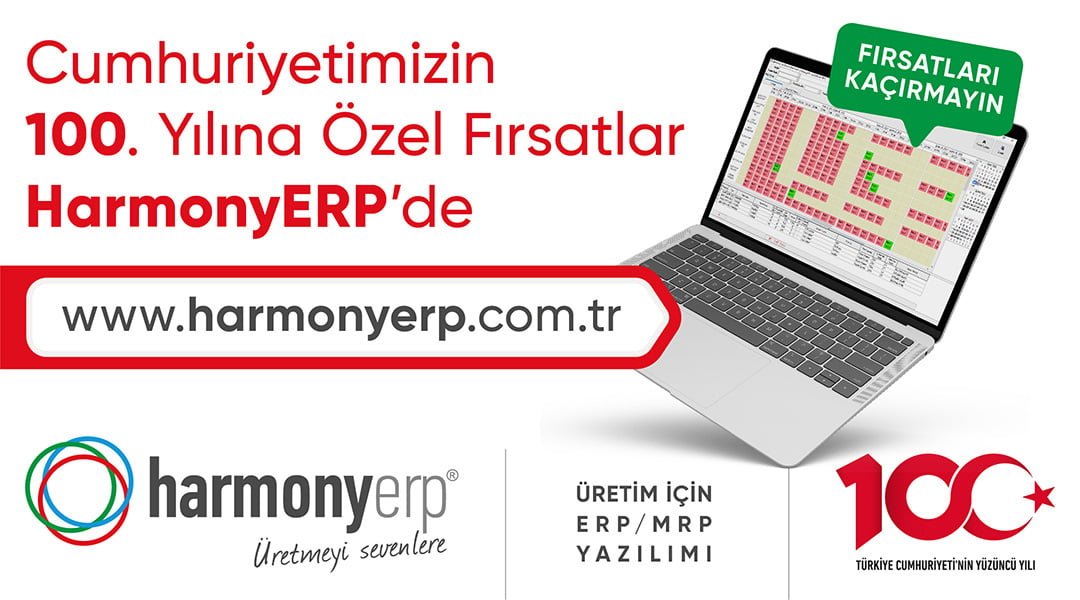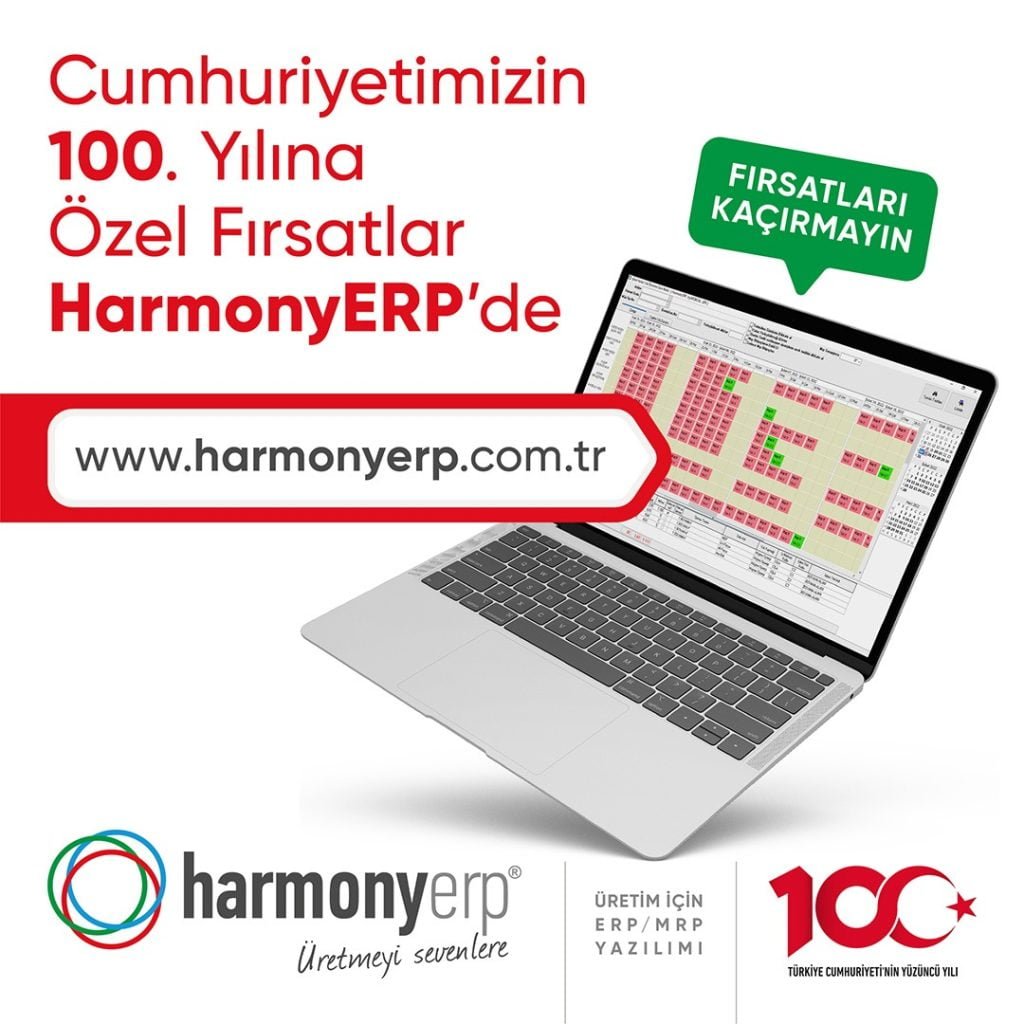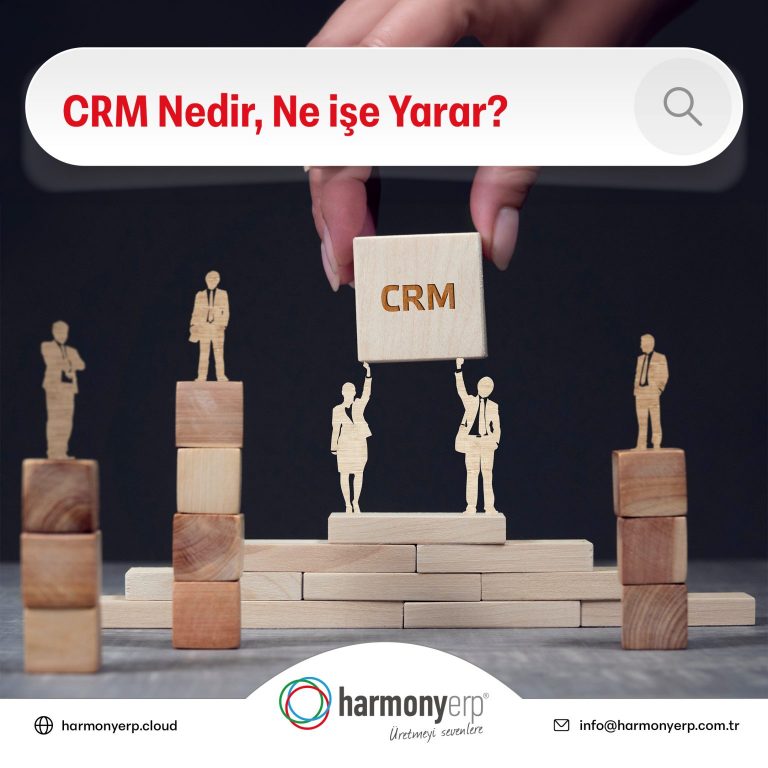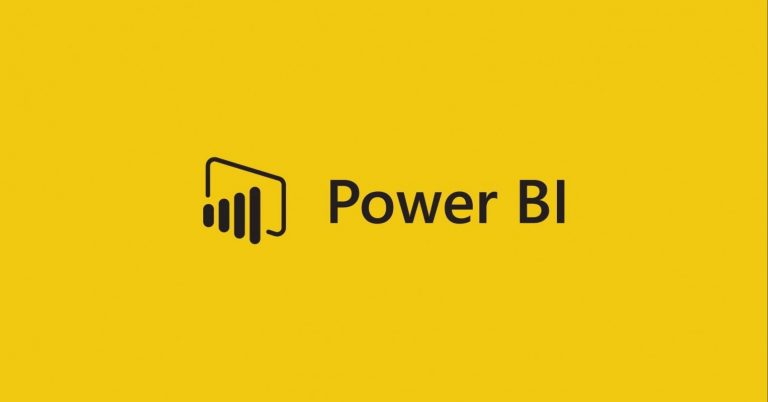How ERP Software Improves Your Business Performance?
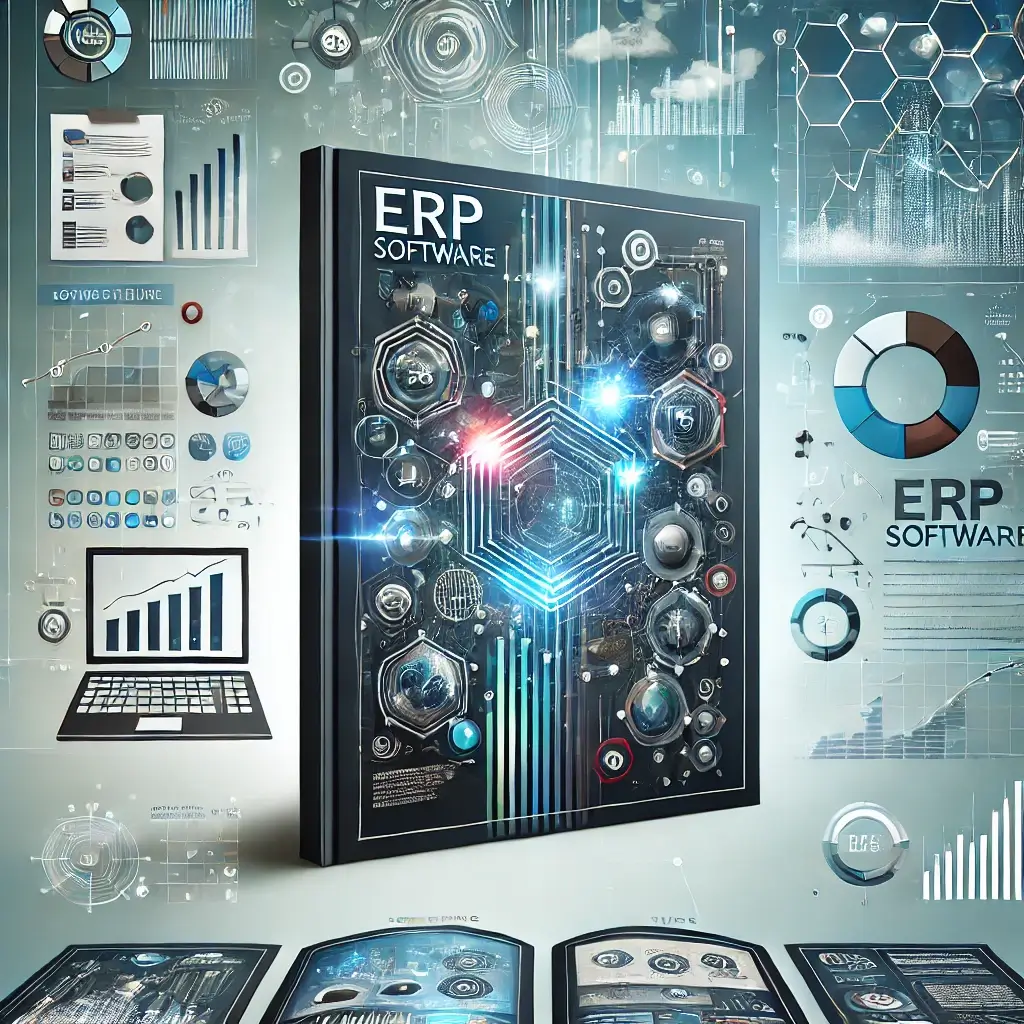
ERP (Enterprise Resource Planning) software is a comprehensive system that integrates and allows businesses to manage all their business processes. ERP software plays a critical role in increasing the operational efficiency of businesses, reducing costs and making strategic decisions. In this article, we will examine in detail how ERP software improves business performance.
Definition and Basic Functions of ERP Software
ERP software is a software solution that combines various business processes of businesses into a single integrated system. These processes cover different departments such as finance, accounting, human resources, production, supply chain management, sales and customer service. ERP software ensures the coordination of these processes and helps businesses run more efficiently.
Data Integration and Centralized Management
ERP software collects all the data of businesses in one centralized system and ensures the integration of this data. This integration ensures that data is consistent and up-to-date so that accurate and fast decisions can be made across the business. Also, thanks to centralized management, businesses can control all processes from one place and manage business operations more effectively.
Automation of Business Processes
ERP software automates manual and repetitive business processes. This automation reduces human error and allows employees to focus on more strategic tasks. For example, processes such as invoicing, inventory management and order processing can be automated with ERP software. This increases business efficiency and allows businesses to provide faster service.
Contributions of ERP Software to Business Performance
Productivity Increase
ERP software increases the overall efficiency of businesses by optimizing business processes. Through automation and integration of business processes, businesses can do more with fewer resources. This results in cost savings and increases the competitiveness of the business. Furthermore, ERP software reduces the workload of employees, allowing them to focus on more strategic and value-added tasks.
Cost Control and Reduction
ERP software plays an important role in cost control and reduction. In processes such as inventory management, supply chain optimization and production planning, ERP software reduces unnecessary spending and waste. In addition, centralized management of financial data enables budget planning and financial analysis to be done more effectively. This helps businesses keep costs under control and increase profitability.
Improved Data Management
ERP software improves the data management of businesses. Collecting the data of all business processes in a centralized system ensures data integrity and accuracy. This helps businesses make healthier analyzes and make more informed decisions. ERP software also offers significant advantages in data security and privacy.
Faster and Accurate Decision Making
ERP software allows businesses to make faster and more accurate decisions. Collecting all business data in a single system and updating it instantly gives managers access to real-time data. This speeds up decision-making processes and enables businesses to adapt to market conditions faster. In addition, ERP software provides important support to managers in making strategic decisions with various analysis tools and reporting features.
Increasing Customer Satisfaction
ERP software increases customer satisfaction with customer relationship management CRM modules. Collecting and managing customer data in a centralized system ensures that customer demands are met more quickly and accurately. In addition, ERP software improves the customer experience by optimizing sales and service processes. This increases customer loyalty and supports the long-term success of the business. You can review our Sales and CRM module area.
Flexibility and Adaptability
ERP software helps businesses adapt quickly to changing needs and market conditions. Thanks to its modular structure, businesses can add the functions they need or update existing functions. This flexibility enables businesses to use ERP software effectively in their growth and change processes.
Applications of ERP Software in Different Sectors
ERP software has various application areas in different sectors. ERP software, which can be adapted to the specific needs of each sector, optimizes sector-specific business processes and increases performance.
Production Sector
In the manufacturing sector, ERP software optimizes processes such as production planning, inventory management, quality control and supply chain management. In this way, production processes become more efficient, costs are reduced and product quality improves. ERP software also provides significant advantages in monitoring and reporting of production processes. You can review our production management module area.
Retail Sector
In the retail industry, ERP software integrates processes such as inventory management, sales tracking, customer relationship management and logistics. This integration enables retail businesses to respond quickly to customer demands and optimize stock levels. ERP software also provides businesses with important information on analyzing sales data and developing marketing strategies.
Health Sector
In the healthcare sector, ERP software integrates processes such as patient records, appointment management, invoicing and medical inventory management. This improves the quality of healthcare services and ensures operational efficiency. In addition, ERP software ensures that patient data is securely stored and managed.
Finance Sector
In the finance sector, ERP software integrates processes such as financial transactions, accounting, budget management and risk analysis. This integration enables financial transactions to be managed more effectively and financial analysis to be performed more accurately. In addition, ERP software increases the security and accuracy of financial data. You can review our Accounting and Finance module area.
Logistics and Supply Chain Management
In logistics and supply chain management, ERP software integrates processes such as transportation, inventory management, order tracking and warehouse management. In this way, logistics operations become more efficient and supply chain processes are optimized. ERP software also provides businesses with important information on analyzing logistics data and developing logistics strategies.
The Future of ERP Software
ERP software is constantly evolving with the advancement of technology. With the integration of new technologies such as cloud computing, artificial intelligence, machine learning and the Internet of Things (IoT), ERP software will become even more powerful.
Cloud Based ERP
Cloud-based ERP solutions offer businesses a more flexible and scalable structure. Cloud-based ERP software allows businesses to access from any location and device. This increases the efficiency of businesses and reduces costs. Cloud-based ERP software also offers significant advantages in data security and backup.
Artificial Intelligence and Machine Learning
Artificial intelligence and machine learning improve the analysis and prediction capabilities of ERP software. These technologies help businesses make more informed and strategic decisions. For example, AI-powered ERP software provides businesses with important information in areas such as sales forecasting, inventory management and customer behavior analysis.
Internet of Things (IoT)
The Internet of Things (IoT) enhances the data collection and monitoring capabilities of ERP software. IoT devices allow businesses to monitor production processes, inventory levels and logistics operations in real time. This enables more effective management of business processes.
Mobile ERP
Mobile ERP solutions allow businesses to manage their business processes via mobile devices. Mobile ERP software helps businesses manage field operations more efficiently and enable employees to access from anywhere. This accelerates business processes and increases productivity.
ERP software plays a critical role in improving the business performance of businesses. With advantages such as data integration, automation of business processes, cost control, data management, fast and accurate decision making, increased customer satisfaction and flexibility, ERP software increases the competitiveness of businesses and supports their sustainable growth. With its applications in different sectors, ERP software offers solutions suitable for the unique needs of each business. In the future, with the integration of new technologies such as cloud computing, artificial intelligence, machine learning and the internet of things, ERP software will become even more powerful and will continue to play an important role in the digital transformation processes of businesses.
t

Previous Post
What is a Financial Seal?
Next Post
What is SOAP?

